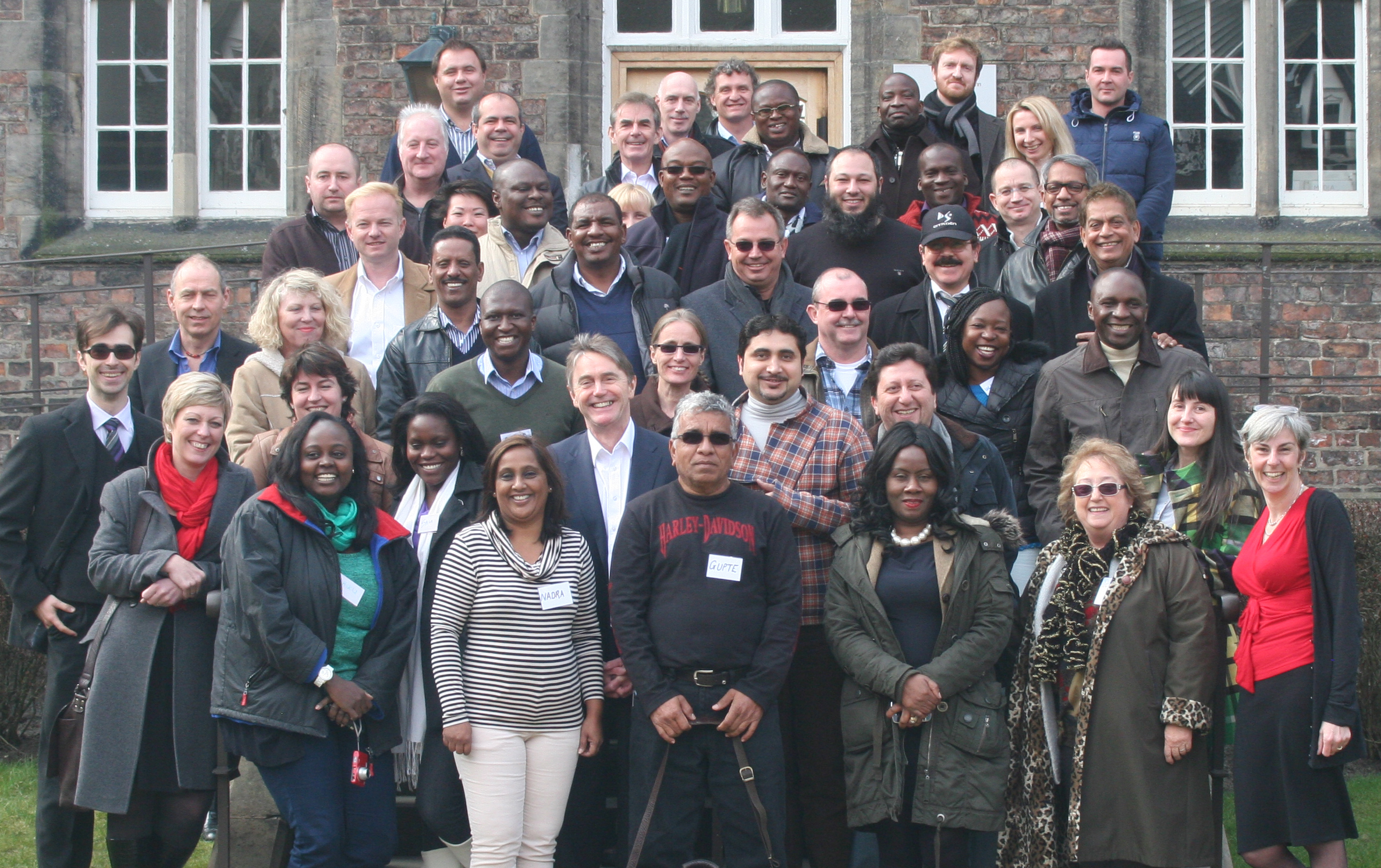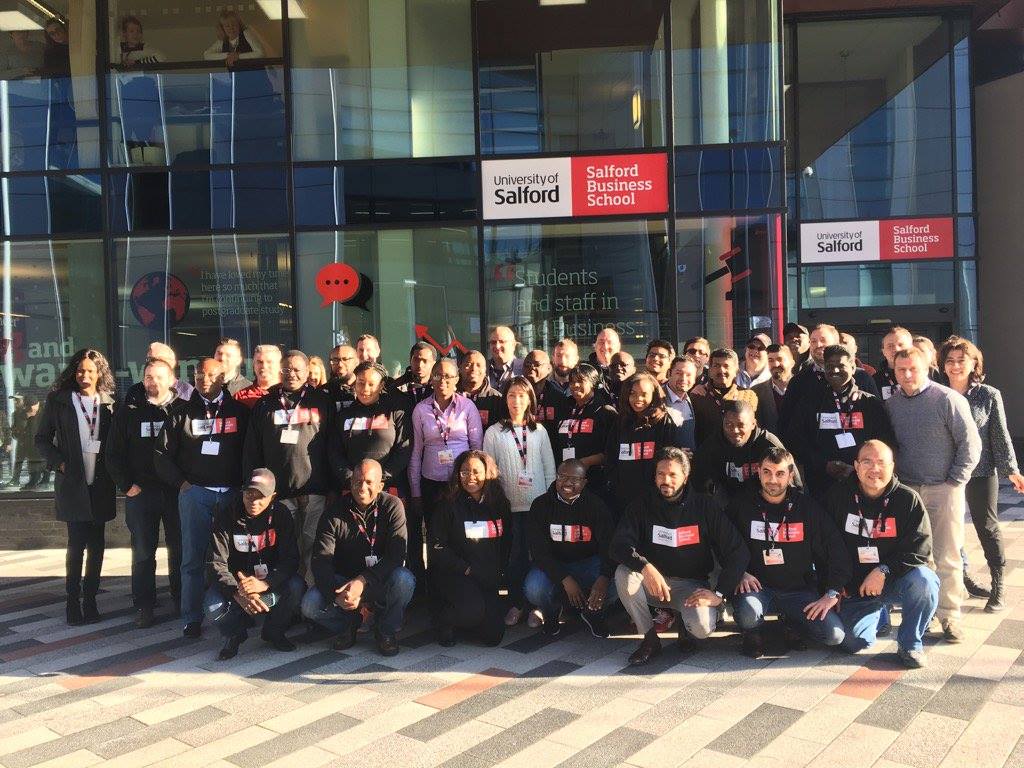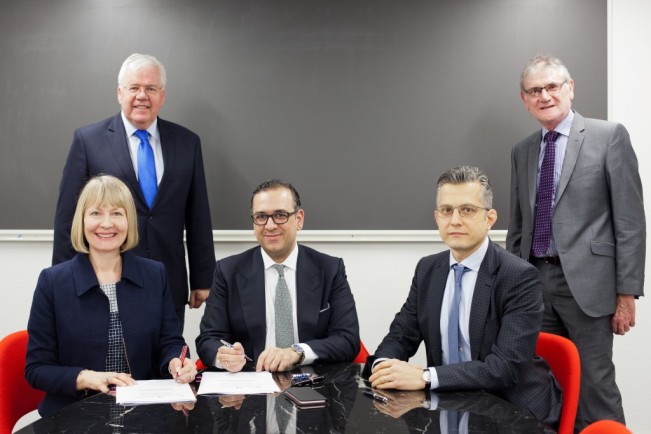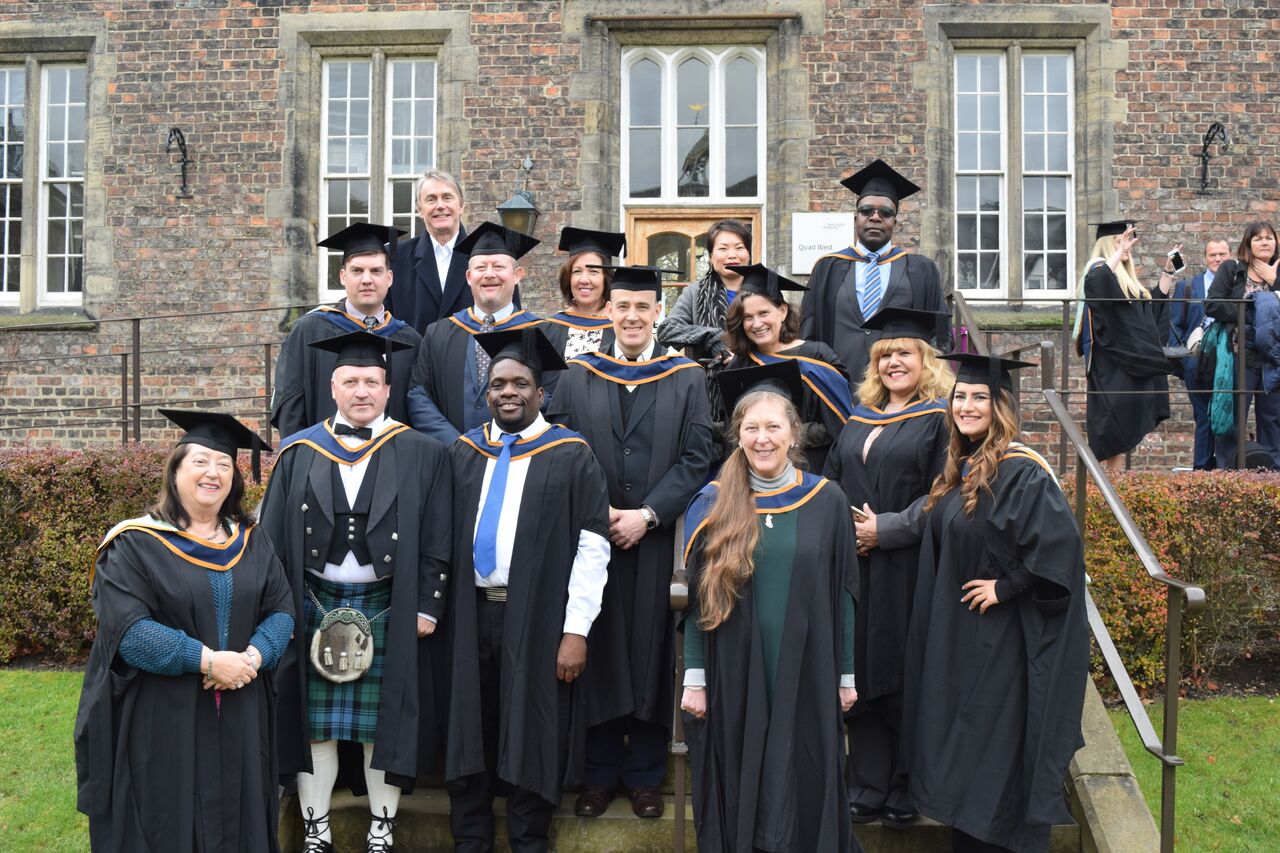
“There are only two ways to influence human behaviour: you can manipulate it or you can inspire it” – Simon Sinek, Author, Motivational Speaker and Marketing Consultant
Understanding why people behave the way they do and studying the complex nature of human being in an organisation is important to better manage and increase the value of the human capital in an organisation. Organisational Behaviour helps us understand this by studying the cause and effect of human behaviour within an organisation.
Some of the reasons why Organisational Behaviour is an integral part of most management programmes is as follows:
- Understanding the relationship between an organisation and its employees: The study of Organisational Behaviour helps in the better understanding of the relationship between an organisation and its employees thereby helping in the development of better Human Resource strategies in creating a better work environment, employee loyalty and increasing the overall value of the human capital for the organisation.
- Motivating employees: Studying Organisational Behaviour help managers to better understand their employees and motivate them, applying different motivational tools as per individual requirements resulting in the better performance of the organisation as a whole.
- Improving industrial/ labour relations: Organisational Behaviour help in understanding the cause of a problem, predict its future course and control its consequences. As a result, managers are able to maintain better relations with their employees by nipping any problem in the bud.
- Effective utilisation of Human Resource: Knowledge of Organisational Behaviour help managers to effectively and efficiently manage their employees, inspiring and motivating them to higher efficiency and productivity through a better understanding and analysis of human behaviour.
- Predicting human behaviour: This is probably the most important reason for studying Organisational Behaviour in management. Knowledge of Organisational Behaviour prepares students to become better managers by becoming a student of human behaviour from a management perspective and thereby contributing to organisational effectiveness and profitability.

Robert Kennedy College with almost 14,000 students from almost every county in the world offers one of the most diverse, accredited and globally recognised online master’s degree programmes in both Business Law, Leadership and Management through exclusive partnerships with British universities. For more information download programme catalogue.







